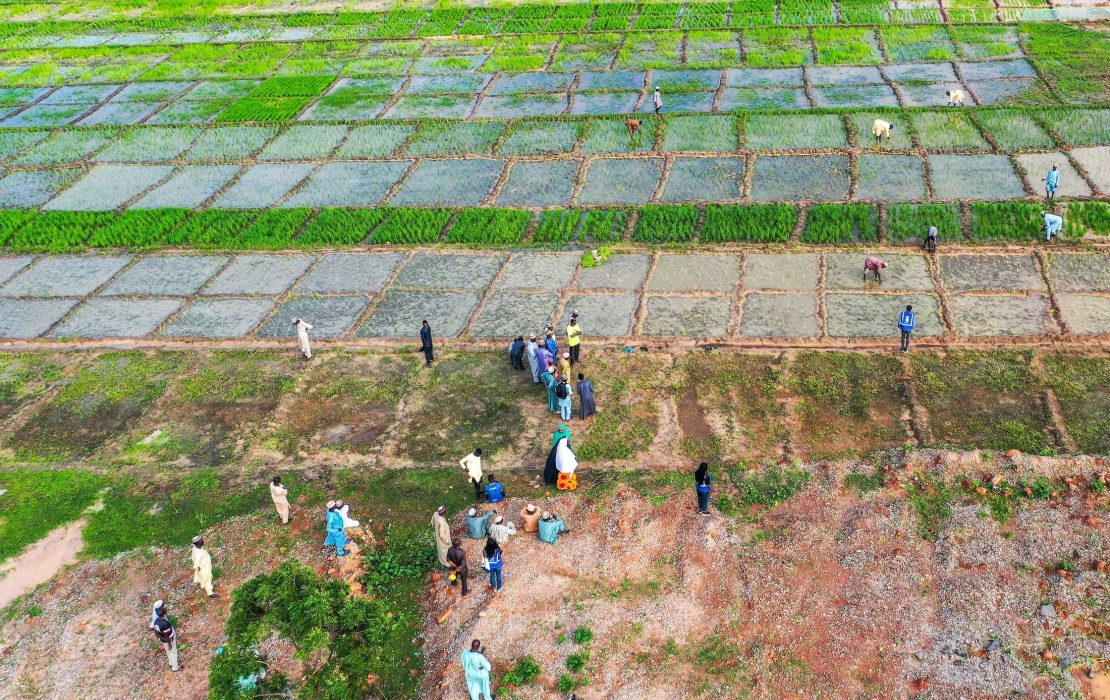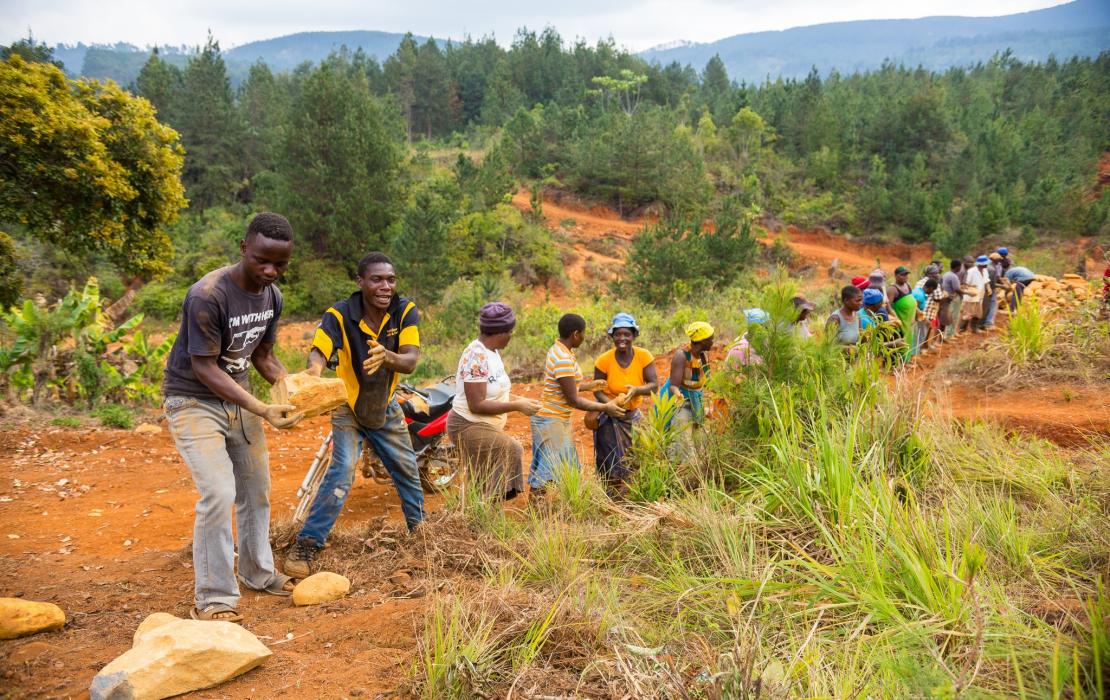
Photo: UNDP Viet Nam
The COVID-19 pandemic has undoubtedly left a monumental mark on the world. In addition to the invaluable lives lost, the pandemic also caused significant socio-economic disruptions across the world, putting many hard-won national development gains at risk. In response, many countries have implemented recovery plans to counteract this potential backsliding. Within the context of global climate action and in support of existing national climate action, it is vital these recovery plans are green and help integrate environmental considerations into broader development plans.
This is why, since 2021, UNDP has been working with five countries – Albania, Benin, Ecuador, Jordan and Viet Nam – to ensure recovery efforts address the impacts of the pandemic, while simultaneously accelerating the transition to green and resilient economies that are aligned with the goals countries have set for themselves in their Nationally Determined Contributions (NDCs).
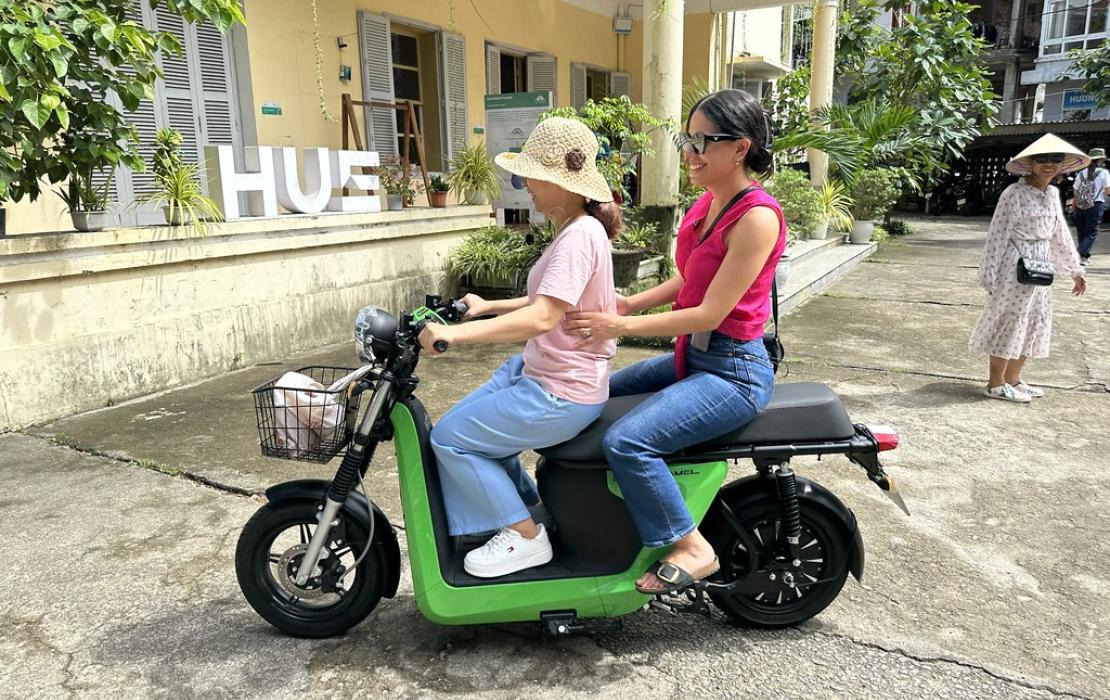
Photo: Melanie Pisano / UNDP Viet Nam
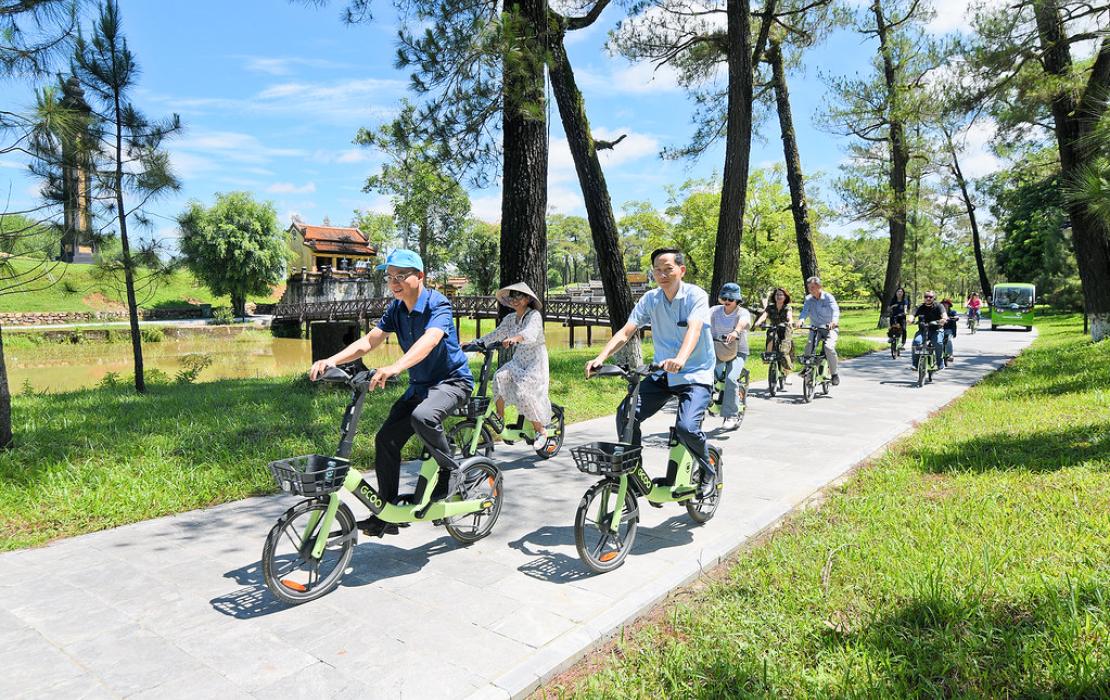
Photo: UNDP Viet Nam
Transforming transportation in Viet Nam
Cities are major contributors to greenhouse gas emissions due to high population density, industrial activities and transportation. For example, the rapid rise of motorcycle usage in cities and provinces across Viet Nam has led to increased traffic congestion, higher emissions and worsening air pollution. Reducing emissions from the transportation sector is crucial to mitigating climate change and improving urban air quality and can enable cities to become champions of green recovery. The city of Hue, in Thua Thien Hue province, serves as a prime example of green recovery in action as it worked to boost electric mobility after the COVID-19 pandemic.
"We’re trying to change the way people use motorbikes. Before, charging the batteries of electric motorbikes would take four or five hours at home or the office. Now, we’ve been able to provide battery-changing stations where people can swap batteries in less than two minutes, allowing them to travel anywhere between 80 to 150 kilometers per charge," says Mr. Cuong Cung, Director General of the Thua Thien Hue Institute for Development Studies.
UNDP’s pilot green recovery project in the city aimed to harness market drivers for sustainable innovation in the transportation sector. By piloting financial loans for individuals, private companies and tourist companies that offer electric motorbike rentals, UNDP built a strong evidence base in support of electric mobility. Now, the Government of Viet Nam has committed a state budget to maintain and scale up this work across cities in the country.
The project has also helped increase awareness and acceptance of electric vehicles, setting the stage for greener and less carbon-intensive cities.
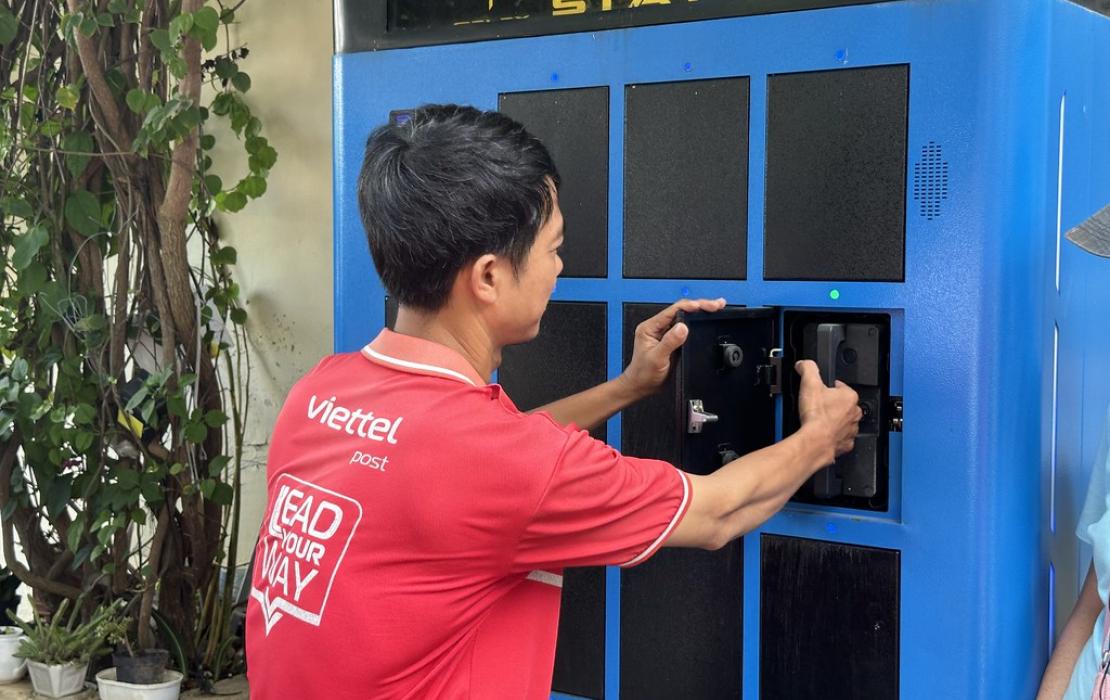
Photo: Melanie Pisano / UNDP Viet Nam
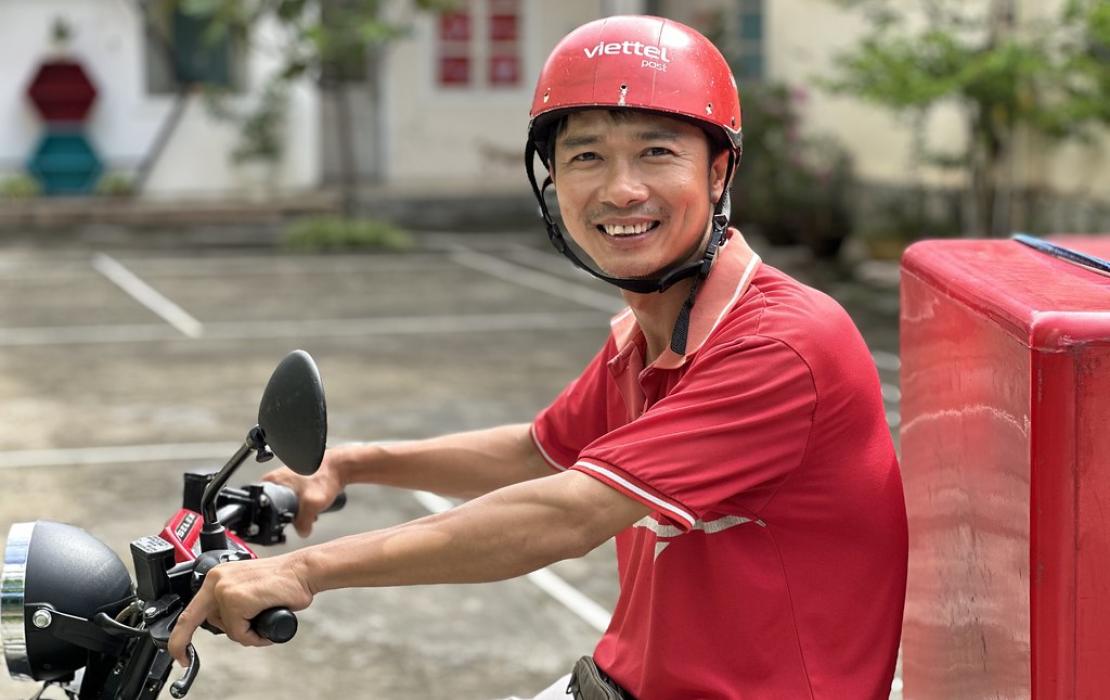
Photo: Melanie Pisano / UNDP Viet Nam

Revitalizing forests in Albania
After years of degradation, Albania's forests have transitioned from being a carbon sink to becoming a carbon emitter. In response, UNDP’s pilot green recovery project focused on revitalizing the nation’s forestry sector. Through support to local municipalities, the project worked to create an enabling environment for the revitalization of Albania’s forest sector and for establishing a sustainable forest sector management system. The project also introduced ecosystem-based adaptation interventions, through afforestation and reforestation of degraded landscapes and forests that will help vulnerable communities living around forest watersheds cope with climate change impacts.
As a part of building community resilience, the project also implemented awareness raising campaigns to foster a culture of environmental stewardship, ranging in topics from green transport to energy efficiency and sustainable forest management. High school students actively participated in afforestation activities across the country, while 60 young people from Tirana were trained to become promoters of environmentally friendly technologies, such as friendly modes of transport, LED-lamps and meringue bags as a replacement for plastic bags.
The pilot projects contributed to both increased community resilience and improved forest health. Using these results, UNDP Albania managed to mobilize further resources from a global South-South exchange with the Seoul Policy Center to continue scaling up these successful interventions in their forestry sector.
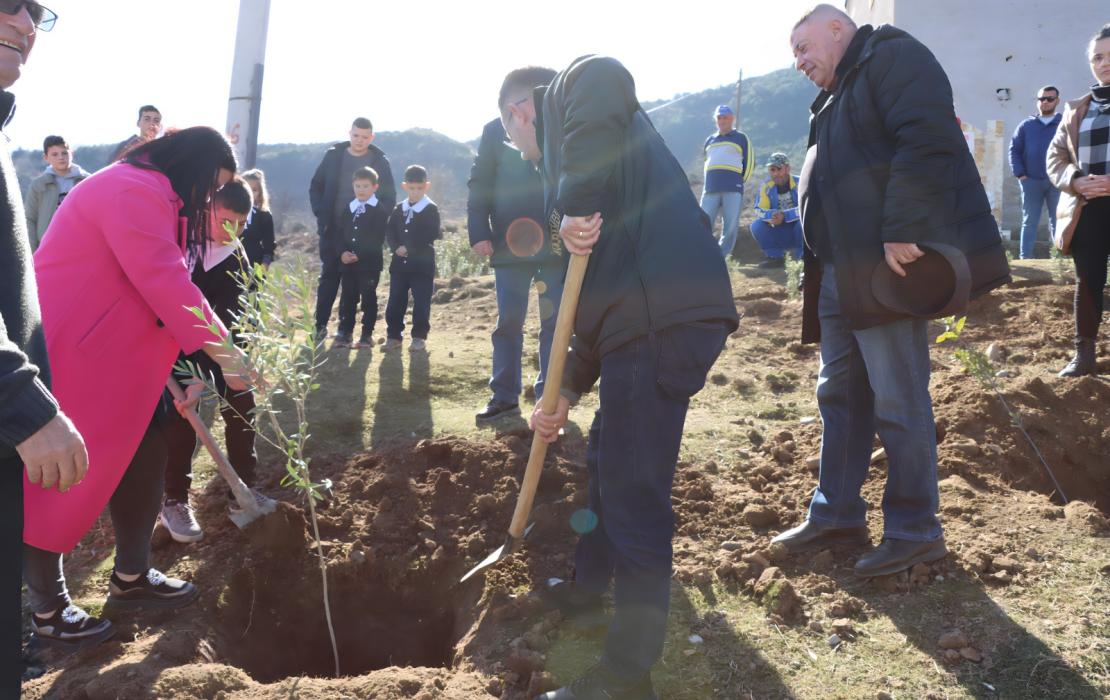
Photo: UNDP Albania
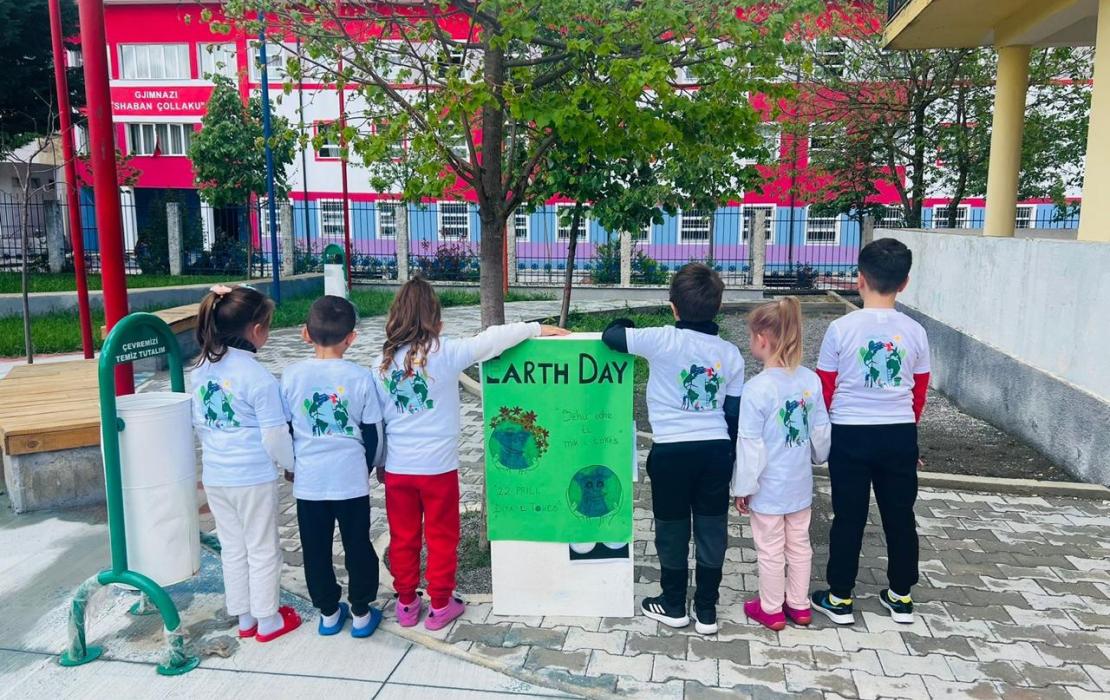
Photo: UNDP Albania
Budgeting for climate action in Ecuador
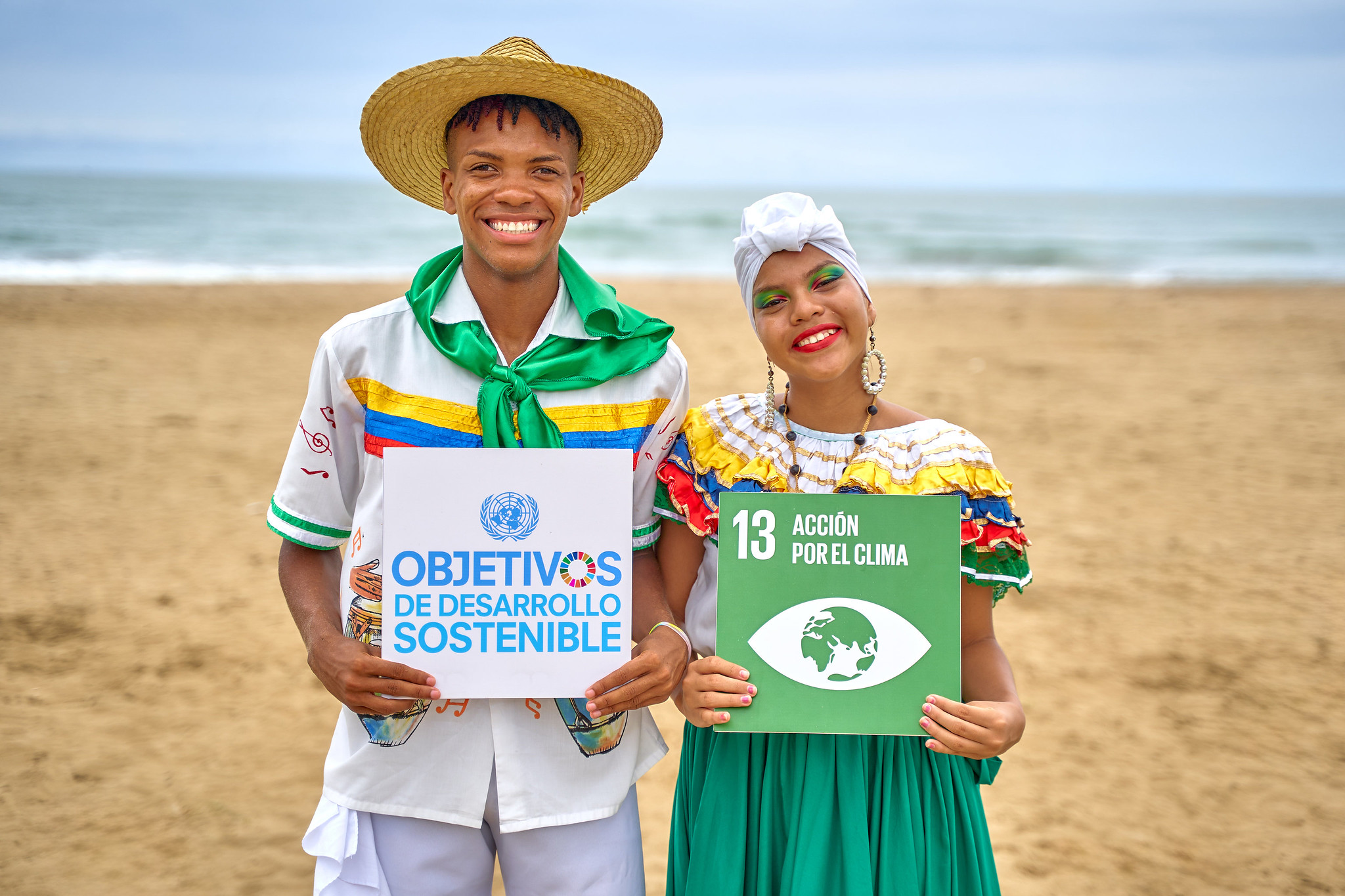
As the climate crisis intensifies, climate action mustn't be an afterthought but a central component of economic planning. In Ecuador, UNDP’s pilot green recovery project has helped integrate climate considerations into national budgeting and planning processes.
In partnership with the Ministry of Economy and the Ministry of Finance, UNDP helped improve the country’s fiscal policy by implementing climate budget tagging.
Climate budget tagging is a tool for monitoring and tracking climate-related expenditures in a country’s national budget system. It provides data-driven information on climate-related spending and, as a result, helps governments make informed decisions on prioritizing climate investments.

Photo: UNDP Ecuador
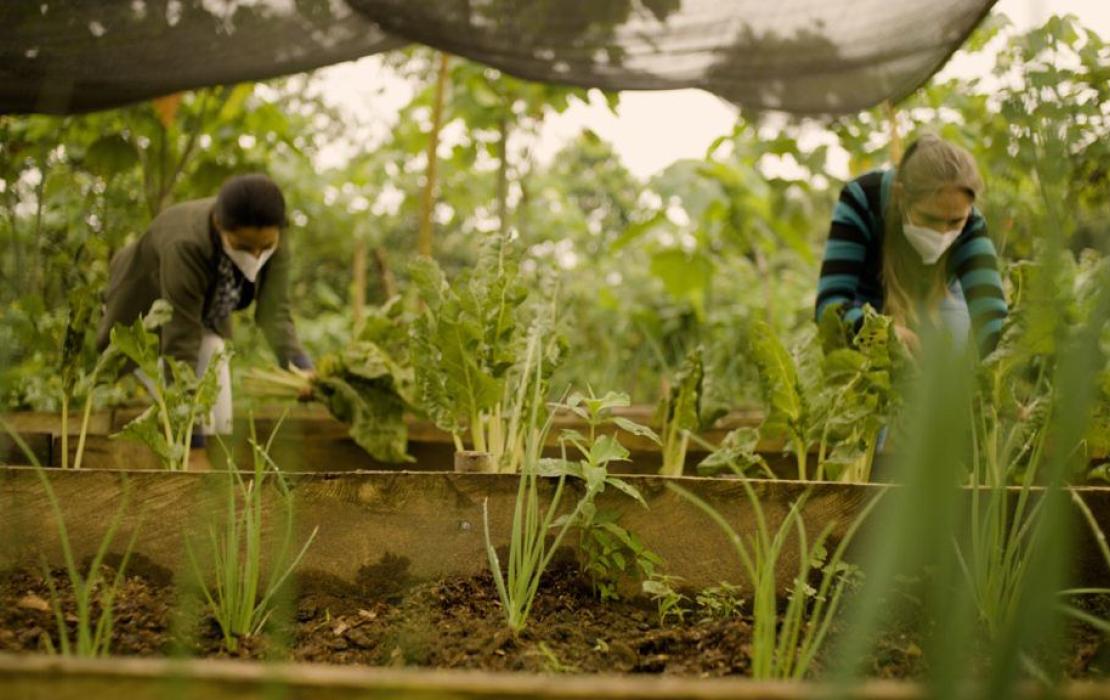
Photo: UNDP Ecuador
Under the pilot project, a learning course on climate finance for public officials was also developed, focusing on incorporating climate risks into financial decision-making processes. The course was instrumental in strengthening the capacity of government officials in relevant institutions to develop climate-responsive budgets and policies that prioritize sustainability.
With a robust planning framework now in place, Ecuador can use climate budget tagging and climate-responsive budgets to support the 2025 revision of its NDC and other climate action plans.
Managing floods in Jordan
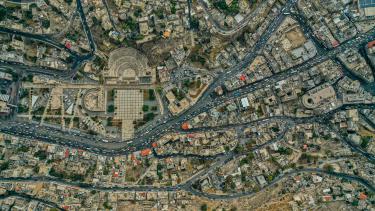
Photo: Mohammad Hawari / UNHCR
Many of Jordan’s cities, particularly its capital, Amman, are highly vulnerable to flash flooding caused by increasingly intense rainfall.
As such, UNDP’s green recovery pilot project in Jordan focused on implementing nature-based solutions to adapt the landscape of Amman for improved flood mitigation and stormwater management.
The location of the interventions was chosen based on a flood risk assessment and hazard map developed by UN-Habitat in cooperation with the greater Amman municipality, which identified 120 hotspots most prone to disruption. By targeting nature-based solutions in these hotspots, the city’s most flood-prone areas are now better equipped to mitigate flash flood risks.
The pilot project also recognized the importance of open dialogue and citizen engagement, particularly with young people, in shaping effective green recovery strategies. To strengthen this engagement, the "Dry Flood" podcast series was created and featured 10 episodes on climate change, green recovery and climate justice. Importantly, the episodes were recorded in Arabic with youth speakers. The success of this series in reaching youth and the wider citizenry highlights the effectiveness of awareness raising through accessible mediums, such as podcasts. To complement these podcasts, open dialogues were held with the public and high-level ministers, specifically in the transport and environment sectors, and further exemplify the power of inclusive discussions in shaping successful recovery strategies.
Last but not least, UNDP supported the development of a green jobs assessment “what-if” scenario for the transport sector focusing on potential job creation through expanded public transportation. The study analyzed socio-economic implications, including investments and job impacts, and evaluated the benefits of the transport projects on women and youth empowerment. The valuable insights yielded from these collaborative efforts with the Ministry of Transport and other institutions then informed the development of a sizeable project proposal for scaling up sustainable transportation solutions in Jordan.
Photo: UNDP Jordan
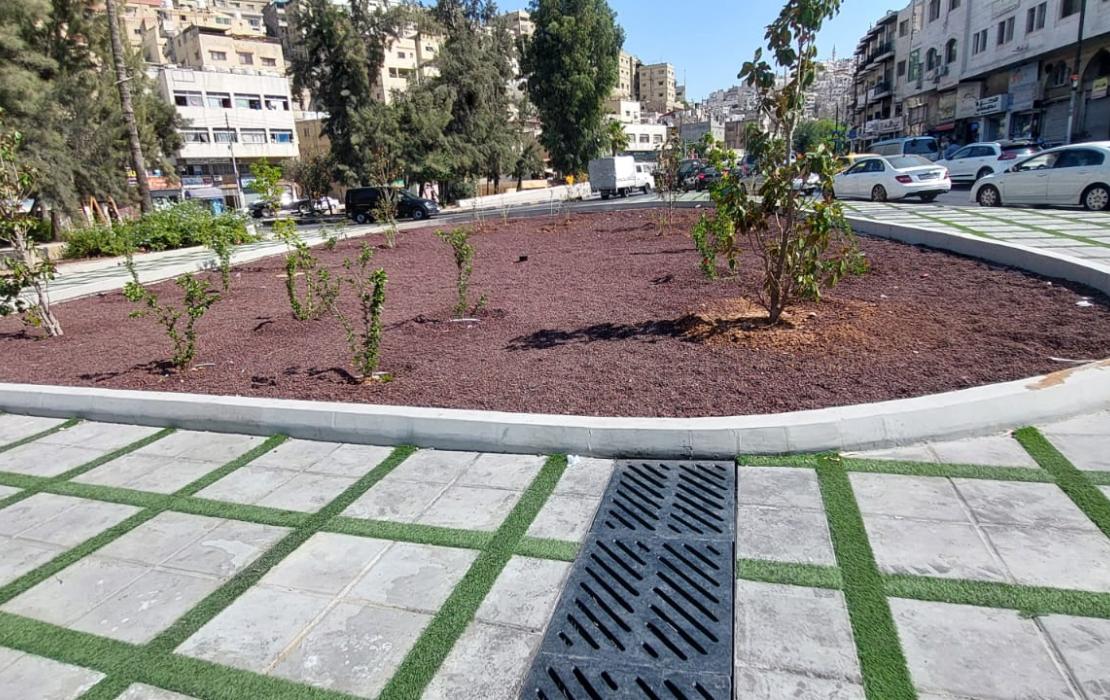
Photo: UNDP Jordan
Creating space for dialogue in Benin
Effective climate action requires constant dialogue between all sectors of society. In Benin, UNDP’s green recovery pilot project facilitated a series of workshops and consultations that engaged key stakeholders from various sectors, including the Ministry of Finance, with the ultimate goal of facilitating the adoption of policies that support climate resilience and sustainability.
By creating space for dialogue between different stakeholders and the Ministry of Economy, the pilot project has been crucial in accelerating the country’s climate action. The government is now working on integrating climate considerations into economic planning and ensuring alignment between economic policies and national climate objectives, ultimately promoting sustainable development.
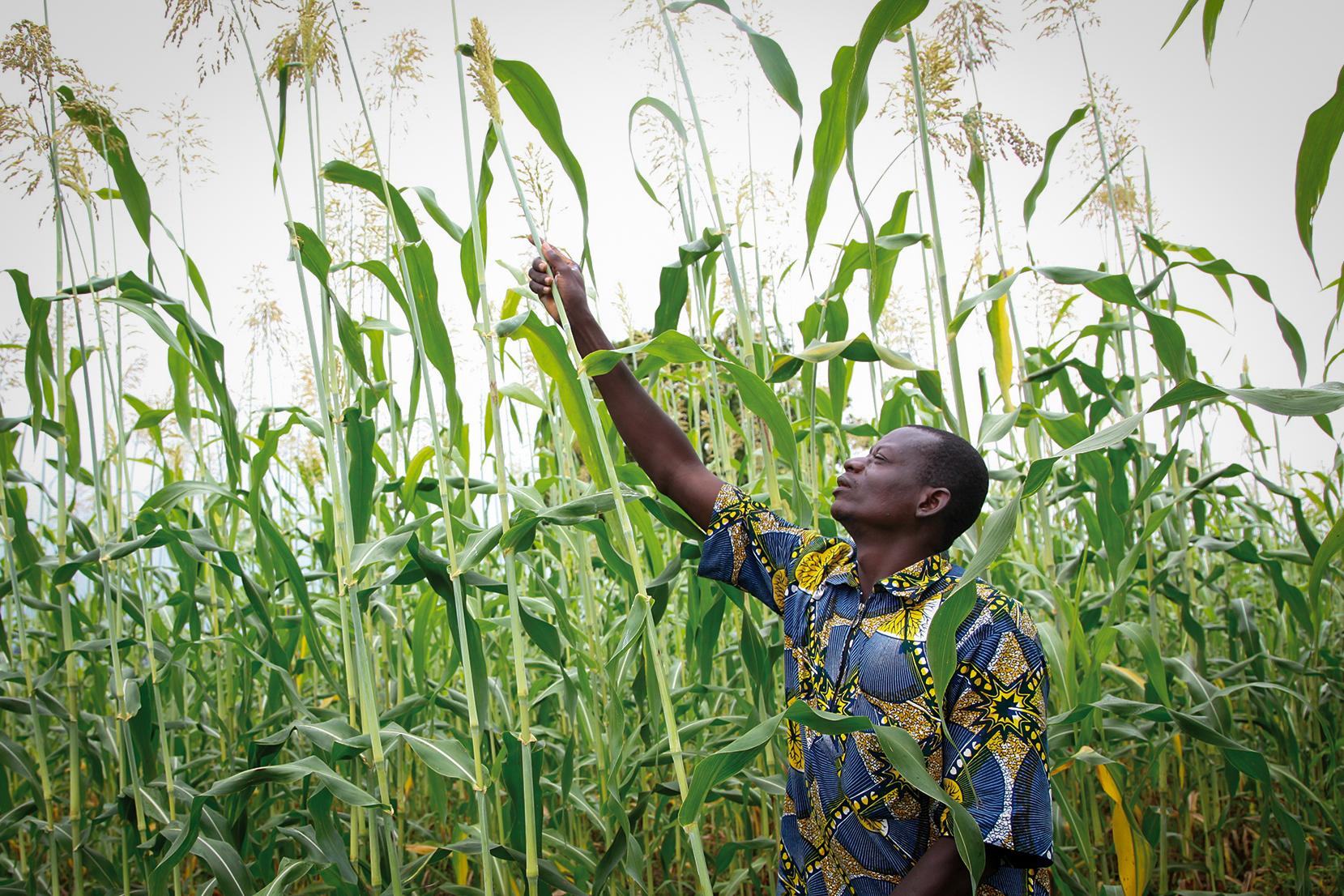
Photo: UNDP Benin
In the aftermath of the COVID-19 pandemic, these five countries have proven that green recovery interventions can have lasting effects on sustainability and that such initiatives can be replicated and scaled up through policies and additional projects and investments. They also demonstrate the power of well-designed interventions and whole-of-society approaches supported by evidence and stakeholder engagement.
Editor’s Note: The five green recovery pilot projects were organized under UNDP’s Climate Promise initiative, with funding from the European Union (EU), Sverige, SIDA, AECID, Germany’s Federal Ministry for Economic Cooperation and Development, Germany’s Federal Ministry for the Environment, Nature Conservation and Nuclear Safety, Italy’s Ministero della Transizione Ecologica and other UNDP core donors.
To date, UNDP’s flagship Climate Promise initiative is the world’s largest offer of support to developing countries on NDC enhancement and implementation. Under the last revision cycle, it supported more than 80 percent of all developing countries on their NDC submissions.
If you found this story useful, check out our updated guidance framework for aligning NDCs with green recovery.

